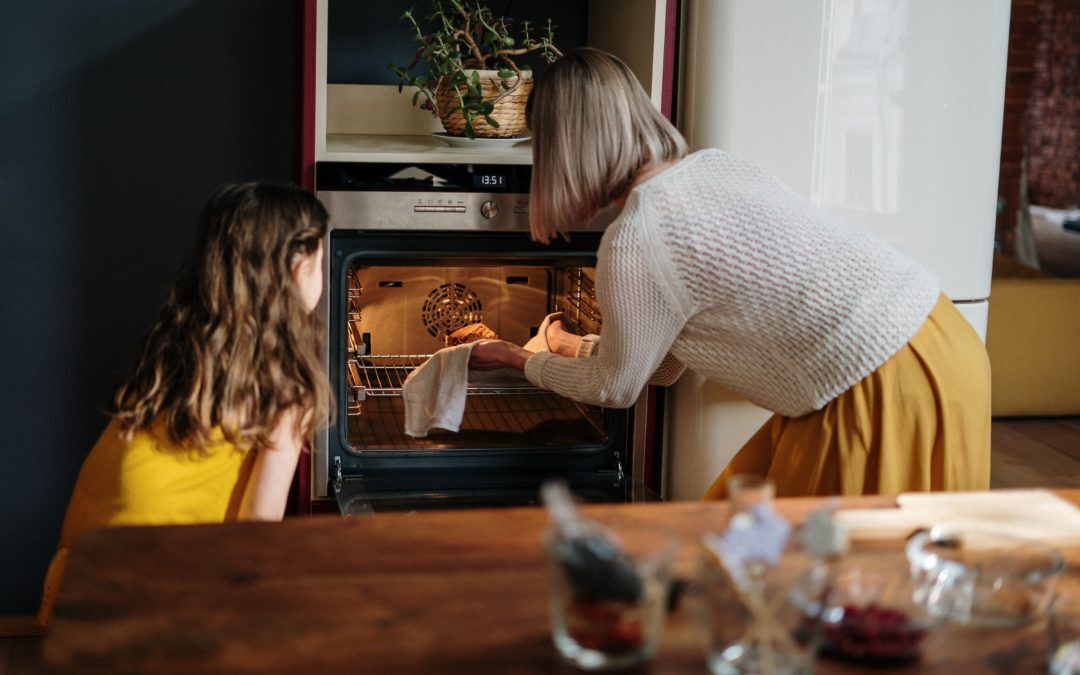Natural Consequences
Natural Consequences are the best teachers of children. Do any of these statements sound vaguely familiar?
“Dad, where’s my backpack?”
“Mom! I forgot my lunch! You have to bring it now!”
“Where’d you put my sweatshirt?”
At Positive Parenting, about Natural Consequences, we have a saying:
“A child who always forgets has a parent who always remembers!”
Many of the complaints I hear from parents have to do with children’s irresponsible and forgetful behavior. It usually begins early, around 4 or 5 years old, and peaks when a child hits junior high. What happened between us happily picking up our screaming toddler’s bottle that rolled under the couch. And then the preteen screaming at us that she can’t find her favorite jeans and us snapping at her that if she didn’t keep her room such a mess, then maybe she could find the clothes she wants?
First, parents often don’t realize how much young children can do. Many toddlers are very capable of understanding our words and body language, even when they cannot communicate that verbally. So in the example above, when a child is distressed, we often “rescue” the child. This is a natural, normal response! The “saving” of a small child from their distresses is the way in which bonding occurs between parents and children. When a child cries because he is hungry, we “save” him by feeding him. Then a child cries because she is wet, we “save” her when we change her diaper.
This mechanism occurs instinctively under normal circumstances, and bonding between parent and child is established.
The problem occurs when we “save” a child from an activity that she is capable of completing herself. So when her bottle rolls under the couch, you do not need to “save” her from starving right now. Now is the time to help her problem solve. You could play a game, “Where do you think your bottle went?” And start looking under things and behind things and help her to find the bottle. This way, she begins to learn self-sufficiency with your loving guidance.
Think of something that you are doing for your child that she could be doing for herself. Give this to your child as a new responsibility. In this way, you build her self-esteem and are teaching self-reliance.
The next complication occurs around the time that children start school. They forget their lunch, homework, sweaters, backpacks, library books…and on and on! When hey forget, and we nag, yell, complain, threaten and punish. Nothing seems to work! Here are 3 rules to teach children responsibility through natural consequences:
- Stop remembering for them
- Bite your tongue - Don’t say “I told you so!”
- Don’t tell them what will happen, let the consequences do the talking for you
So the first thing parents need to do is stop reminding! When parents remind children, they rely on the reminders and become incapable of remembering for themselves. We parents cannot understand why they don’t remember since we tell them over and over! But it’s the telling them over and over that creates the irresponsibility!
The second thing we need to do is STOP saying “I told you so!” or “See what happens when you forget?”
In this case the child is focused on how mean we are or how stupid they are, and not on learning to be responsible.
And finally, stop telling them how the world works, let the world and the natural consequences in it teach your child. When you tell them, then they will focus on you as the teacher and not learn from the way the world works. What I love most about this parental response is that I can make myself be the safe haven when that big bad world is teaching my children.
For example, when Michael, my son, would forget his lunch, I would have a sandwich and food ready when he got home. “Wow, you must be starving! Here, have a sandwich!” If he tried to blame me, saying “Why didn’t you bring me my lunch!” I would just say, “You must have been really hungry from forgetting your lunch, you need another snack?” And he would see it was his responsibility and not mine, and I was actually soothing him.
Finally, over time you can help your children be more responsible by teaching them how to think. If you tell them what to do, they don’t learn. When you ask questions, in a loving way, they learn to use their brains.
If you find yourself telling your child to do something, rephrase it into a question instead.
For example, instead of saying, “It’s time for school”, say “What time do you need to leave in order to be on time?”
Instead of saying, “Remember to turn in your library book” say “How are you going to remind yourself to turn your library book in on time?”
Try saying, “How much time to you need to do homework this evening?", instead of saying “Do your homework””
More than anything else, this style of communicating will create kids that learn to remember, be responsible and accountable for their actions. Hence you have so much to do with how your children learn to think, how they react and how they communicate. By asking questions, you become a master teacher of the very communication you want your children to learn to be successful in school and their lives.
Deborah has been teaching parenting classes for nearly 30 years. Her kids are 34, 30 & 29 and wonderfully self-sufficient!
For more information about how to become a lifetime member of Positive Parenting for just $99, visit the Positive Parenting membership page.
Did you find something useful you can use in this article? Please share it with your friends.


